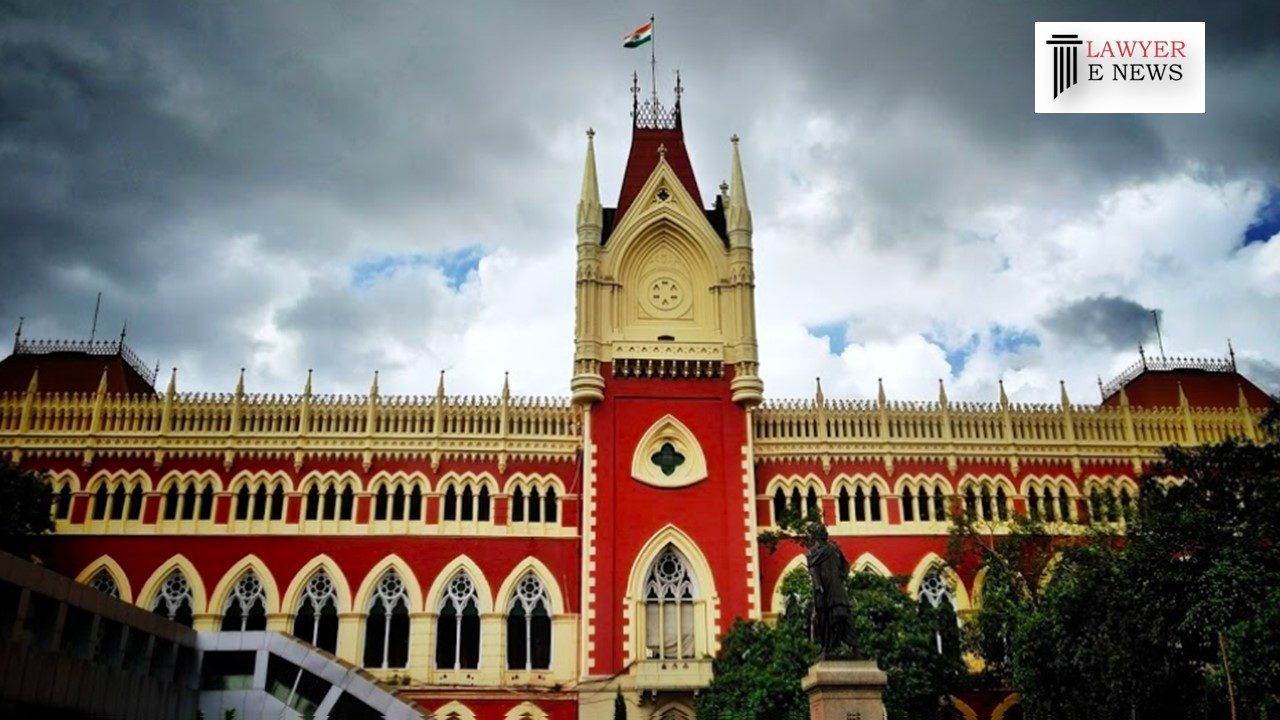-
by Admin
15 February 2026 5:35 AM



Dismissal overturned due to violation of natural justice and disproportionate punishment, emphasizes importance of procedural fairness.
In a significant ruling, the Calcutta High Court has set aside the dismissal of Dr. Akbar Ali Khan, an IPS officer, who had been dismissed from service following disciplinary proceedings. The bench, comprising Justices Tapabrata Chakraborty and Partha Sarathi Chatterjee, emphasized the necessity of adhering to principles of natural justice and proportionality in disciplinary actions. The judgment also underscored the court’s authority under Article 226 of the Constitution to intervene despite the availability of alternative remedies.
Dr. Akbar Ali Khan, a 1977 batch IPS officer, was dismissed from service on 12th February 2013 after disciplinary proceedings initiated under the All India Services (Disciplinary and Appeal) Rules, 1969. The proceedings stemmed from allegations of misconduct including involvement in real estate transactions, financial irregularities, and failure to declare assets. Dr. Khan challenged the dismissal, citing procedural lapses and violations of natural justice. Despite multiple appeals and litigations, the dismissal was upheld until this latest decision by the Calcutta High Court.
The court noted that the failure to supply the Preliminary Inquiry Report (PIR) and related documents to Dr. Khan constituted a breach of natural justice. “Decision to penalize petitioner before considering his reply to the Inquiry Report constitutes violation of principles of natural justice,” the court observed. The Disciplinary Authority (DA) had formed a decision on punishment prior to evaluating Dr. Khan’s response, indicating a prejudiced process.
Addressing the credibility of the evidence presented, the court found that the allegations, primarily based on a private complaint, lacked substantive proof of financial loss to the employer. The disciplinary authority’s findings were based on assumptions and insufficient evidence. “The IA [Inquiring Authority] failed to note the deposition of PW2, and such exclusion of admissible and material evidence influenced the ultimate decision,” the judgment highlighted.
The court extensively discussed the principles of proportionality in disciplinary actions. It emphasized that the punishment of dismissal was unduly harsh given the nature of the proven charges, which did not indicate any financial loss to the employer. “In such circumstances, the imposition of penalty of dismissal from service was unduly harsh and grossly disproportionate to the alleged misconduct,” the bench concluded.
Justice Tapabrata Chakraborty remarked, “There was a formation of mind as regards the quantum of punishment by the DA before consideration of the petitioner’s reply to the report of the IA. Such act constitutes violation of the principles of natural justice.”
The Calcutta High Court’s ruling reinstates Dr. Akbar Ali Khan with a lesser penalty of reduction in pay scale from the date of original punishment until retirement. This decision not only rectifies the individual case but also reinforces the importance of procedural fairness and proportionality in disciplinary proceedings. By asserting its jurisdiction under Article 226, the court underscores its role in safeguarding justice against procedural improprieties. This landmark ruling is expected to influence future disciplinary actions within the civil services, ensuring adherence to due process and fair treatment.
Date of Decision: 16th July, 2024
Dr. Akbar Ali Khan vs. Union of India & Ors.
